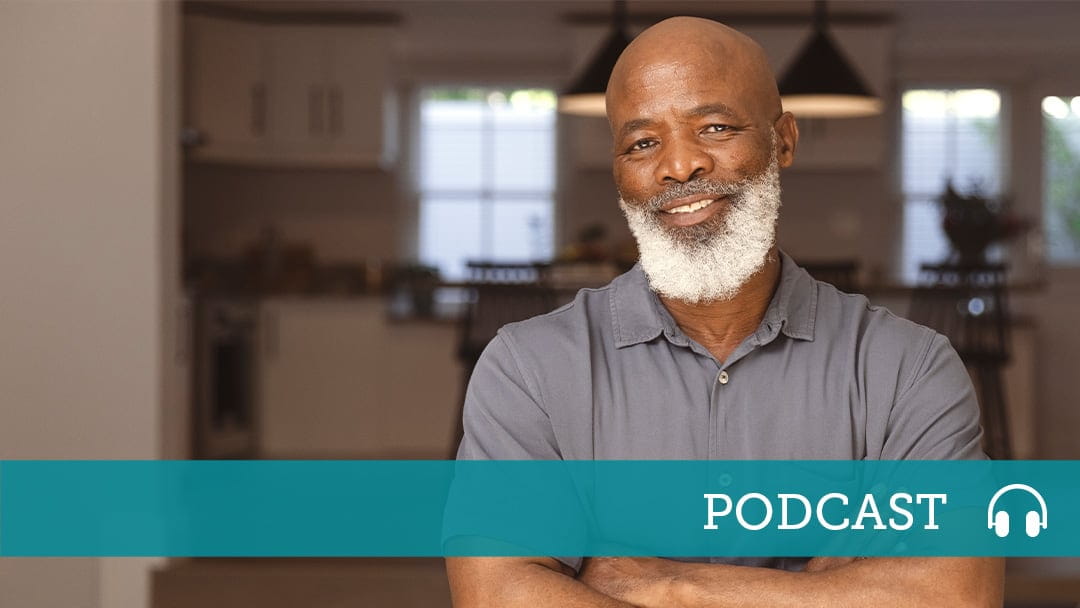
Do you usually really feel that issues—whether or not in your private life or in world affairs—aren’t going that nicely? Do the “Sunday scaries” hit you arduous, even for those who take pleasure in your job? Maybe you are feeling nervous after an evening out or overwhelmed by the stress of managing payments, laundry, taxes, and different tasks. In that case, you is likely to be experiencing “free-floating nervousness,” a time period that describes an ongoing sense of dread, fear, or restlessness however not essentially associated to a selected occasion or set off. How relatable is that?
Specialists in This Article
Alejandra Galindo
licensed marriage and household therapist
Sigmund Freud coined the time period, and statistically, it’s fairly widespread. It’s, in truth, a symptom of generalized nervousness dysfunction (GAD), affecting 6.8 million American adults. And charges are on the rise: over 40 p.c of adults report feeling extra anxious this 12 months in comparison with earlier years.
It’s necessary to notice that people could expertise free-floating nervousness with out assembly all the standards for GAD. Distinguishing between free-floating nervousness and a diagnosable nervousness situation will be difficult. Indicators of generalized nervousness dysfunction embrace signs like extreme fear, sleep disturbances, fatigue, and ongoing irritability, that are much like these related to free-floating nervousness. And whereas the latter could not preserve you from functioning, it’s an expertise many people would like to keep away from.
So the place’s the road? How do we all know when that dread or restlessness is simply “adulting” versus a extra critical psychological well being situation? Forward, a therapist explains the various kinds of nervousness and shares recommendations on the way to hopefully ease it.
The completely different sorts of hysteria
An “common” degree of fear often means occupied with a selected state of affairs for a brief interval (like a max of two weeks), at a low depth, and till the issue is resolved, in line with Alejandra Galindo, LMFT, a licensed marriage and household therapist with Thriveworks in Houston who focuses on nervousness, trauma, and despair.
Galindo lists conditions in which you will really feel free-floating nervousness, such because the evening earlier than an necessary assembly, returning to work from trip, or assembly your companion’s mother and father for the primary time. You would possibly really feel that pang of unease main as much as a vacation with household or earlier than a piece process that exams your information.
“That is very completely different from diagnosable nervousness circumstances,” Galindo continues. She explains that these conditions can result in visceral nervousness, which can play out as bodily signs: nausea, a sooner heartbeat, sweating, dry mouth, and muscle pressure. You might also wrestle to get issues finished for days and even weeks (sorry, laundry bin) as a result of the nervousness is so consuming.
“The necessary factor to take a look at is how lengthy you’re staying anxious for, how intense, and what your thought processes are—like telling your self you’re a burden to others, fearing that individuals are going to evaluate you harshly, catastrophizing, and many others.,” Galindo says. These reactions point out that you could have a extra critical (but nonetheless treatable and customary) situation.
Tips on how to take care of free-floating nervousness
Free-floating nervousness could not really feel like sufficient of an issue that you just want skilled assist. On the similar time, free-floating nervousness is a sucky feeling in and of itself, like an annoying ache that simply received’t go away. Plus, it’s necessary to do not forget that you don’t must have a full-blown situation to hunt assist. You possibly can speak to a therapist for any purpose.
commercial
Ongoing self-care is important. “As with all feelings, it’s necessary to maintain our primary wants to assist our physique regulate feelings successfully,” Galindo says. “When managing ‘lowercase a’ nervousness, that is no completely different.” She shares a number of recommendations on what that may appear like:
Get sufficient high quality sleep
Sleep loss impacts us in numerous methods, together with our psychological well being. A 2023 research printed by the American Psychological Affiliation discovered that sleep loss can undermine emotional functioning and enhance the danger of hysteria signs. Adults ought to goal for not less than seven hours of sleep an evening, in line with the Sleep Basis. And that’s a stable seven hours on common—when there aren’t any disruptions and also you’re not working on a sleep deficit.
Keep hydrated
Take into account prioritizing your water bottle or some glowing water. The advantages can’t be ignored! Ingesting water is related to a decrease prevalence of hysteria, in line with one research within the World Journal of Psychiatry.
Get shifting
Motion can appear like stretching, deep respiration, progressive muscle rest, and yoga. Rest methods comparable to these can sluggish your coronary heart price and reduce the exercise of stress hormones (aka cortisol), in line with The Mayo Clinic.
“The longer you sit with stress, the extra your physique holds onto it,” Galindo provides.
Do some journaling
Galindo additionally mentions every day journaling, which you’ll be able to even do in your cellphone. However, she provides, don’t simply do a typical journal entry the place you vent about issues (though this can be useful for some). “Write out your worries after which try to reply by writing options or affirmations, such as you had been responding to a pal,” she says.
commercial
On that be aware, a research within the journal JMIR Psychological Well being instructed that optimistic have an effect on journaling—or writing in regards to the optimistic elements of your self and your life—decreases psychological misery, improves well-being, and enhances bodily functioning.
When ought to I contemplate working with a therapist?
Seeing a psychological well being counselor is probably not needed, however Galindo shares some indicators through which it might be, together with:
- Your every day life and skill to focus are impaired.
- You isolate your self from others.
- You don’t do belongings you usually take pleasure in.
- You’ve got ideas of self-harm or suicide (which might additionally embrace passive emotions of not desirous to be alive).
- You’ve got a historical past of abuse, trauma, or post-traumatic stress dysfunction (PTSD), which might heighten nervousness.
Open Path Collective and Psychology At the moment have supplier databases that can assist you discover the precise therapist.
With all these suggestions, Galindo emphasizes the significance of tending to our wants once we really feel a bit off. “An enormous a part of adulting signifies that we now have to point out up for others, however we have to bear in mind to point out up for ourselves, too,” she says.
To some extent, fear and random bouts of nervousness are simply part of maturity. Self-care can assist us deal with free-floating nervousness, whether or not meaning surviving the Sunday scaries or higher dealing with ongoing hassles and setbacks. You need to do no matter helps you handle this factor we name life.
For those who or somebody you already know is scuffling with psychological well being, name SAMHSA’s Nationwide Helpline at 1-800-662-HELP (4357) or go to FindTreatment.gov for sources and remedy choices. For those who’re having ideas of harming your self or others, name or textual content 988 for the Suicide & Disaster Lifeline.









